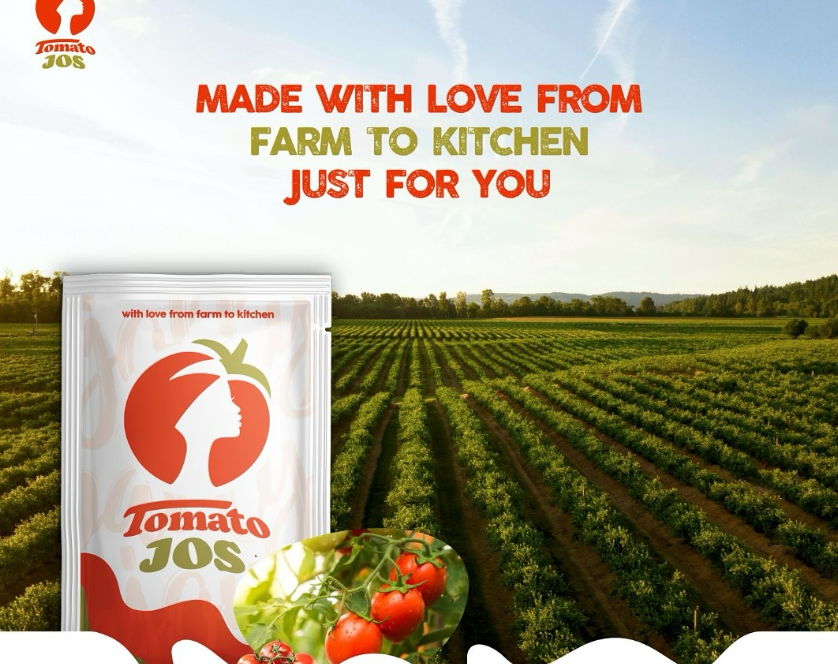Tomato farming is crucial in Nigeria’s agricultural sector and food security landscape. As one of the most consumed vegetables in the country, tomatoes are a staple in Nigerian cuisine and an essential ingredient in many traditional dishes.
However, production, preservation, and distribution challenges have long impacted Nigeria’s ability to achieve self-sufficiency in tomato farming.
This blog explores the significance of tomato farming in strengthening Nigeria’s food security, the obstacles faced by farmers, and the solutions required to enhance production and sustainability.
The Importance of Tomato Farming in Nigeria
Nigeria is one of the largest producers of tomatoes in Africa, with states such as Kano, Kaduna, and Katsina leading in production. Tomato farming not only supports millions of farmers and rural families but also contributes to employment creation and economic growth.
The demand for tomatoes continues to rise, making it an essential crop for ensuring national food security and reducing dependence on imports.
Challenges Facing Tomato Farming in Nigeria
- Despite Nigeria’s high tomato production potential, several challenges hinder the industry’s growth and its contribution to food security:
- Post-Harvest Losses – A significant percentage of tomatoes go to waste due to inadequate storage facilities and preservation methods.
- Seasonal Shortages – Tomato production is highly seasonal, leading to price fluctuations and supply inconsistencies.
- Pest and Disease Infestations – Tomato farmers frequently battle with diseases like Tuta absoluta (tomato leaf miner), which devastates crops.
- Lack of Modern Farming Techniques – Many small-scale farmers still use traditional farming methods, which limit productivity.
- Poor Infrastructure and Market Access – Limited road networks and insufficient processing plants hinder the efficient distribution of tomatoes.
Solutions for Strengthening Tomato Farming and Food Security
To ensure tomato farming contributes effectively to Nigeria’s food security, strategic interventions are necessary:
- Improving Storage and Processing Facilities – Investing in cold storage and processing plants will help reduce post-harvest losses and extend tomato shelf life.
- Promoting Greenhouse and Irrigation Farming – Encouraging greenhouse technology and irrigation farming will ensure year-round tomato production.
- Adopting Pest-Resistant Varieties – Research institutions should develop and promote pest-resistant and high-yielding tomato varieties.
- Enhancing Farmers’ Access to Credit and Training – Government and private sector collaboration can provide financial aid and training programs to empower farmers.
- Building Efficient Supply Chains – Improving transportation and establishing processing industries closer to farming areas will enhance market accessibility.
The Role of Tomato Jos in Enhancing Food Security
Tomato Jos, a leading agribusiness company, is at the forefront of improving Nigeria’s tomato farming sector. Through innovative farming techniques, farmer education, and sustainable practices, Tomato Jos helps boost productivity, reduce waste, and ensure a steady supply of high-quality tomatoes.
The company’s initiatives contribute significantly to reducing Nigeria’s dependence on imported tomato paste and strengthening local food security.
Tomato farming holds immense potential in bolstering Nigeria’s food security if the right policies and innovations are implemented. Addressing production challenges, investing in modern agricultural practices, and enhancing market access will enable Nigeria to maximize its tomato farming potential.
By supporting initiatives like Tomato Jos and promoting sustainable farming practices, Nigeria can achieve self-sufficiency in tomato production and enhance food security for future generations.


